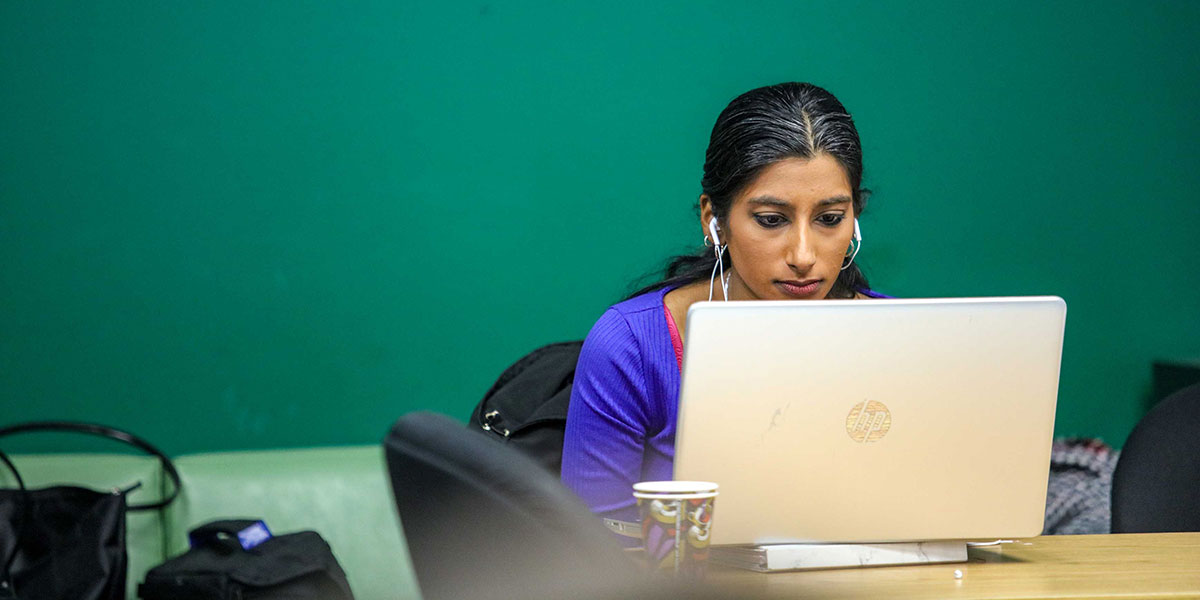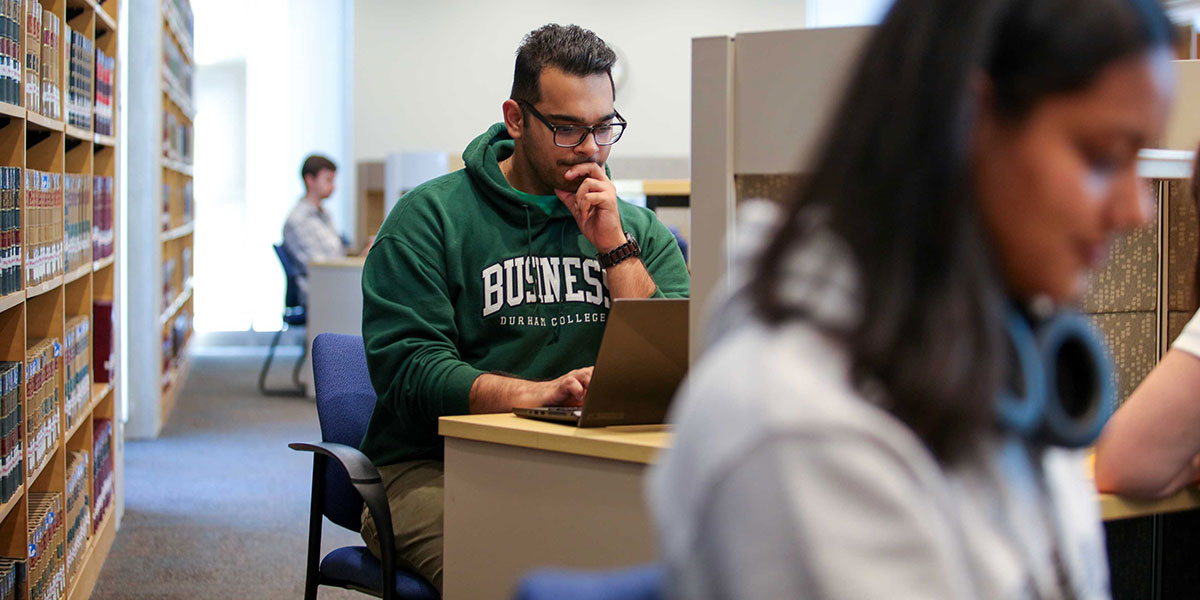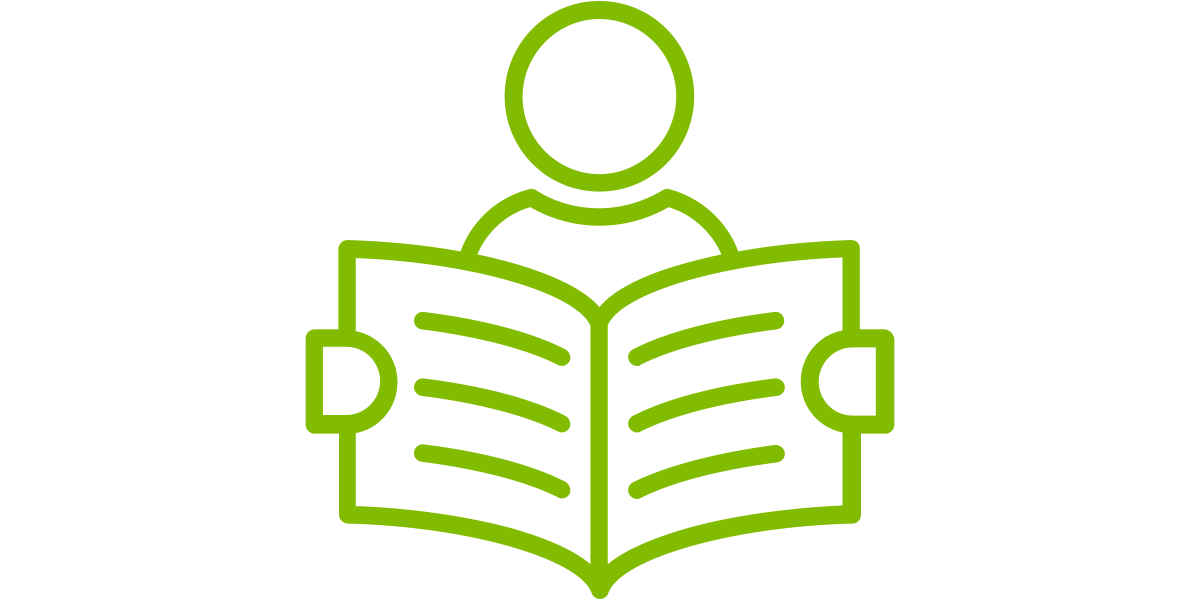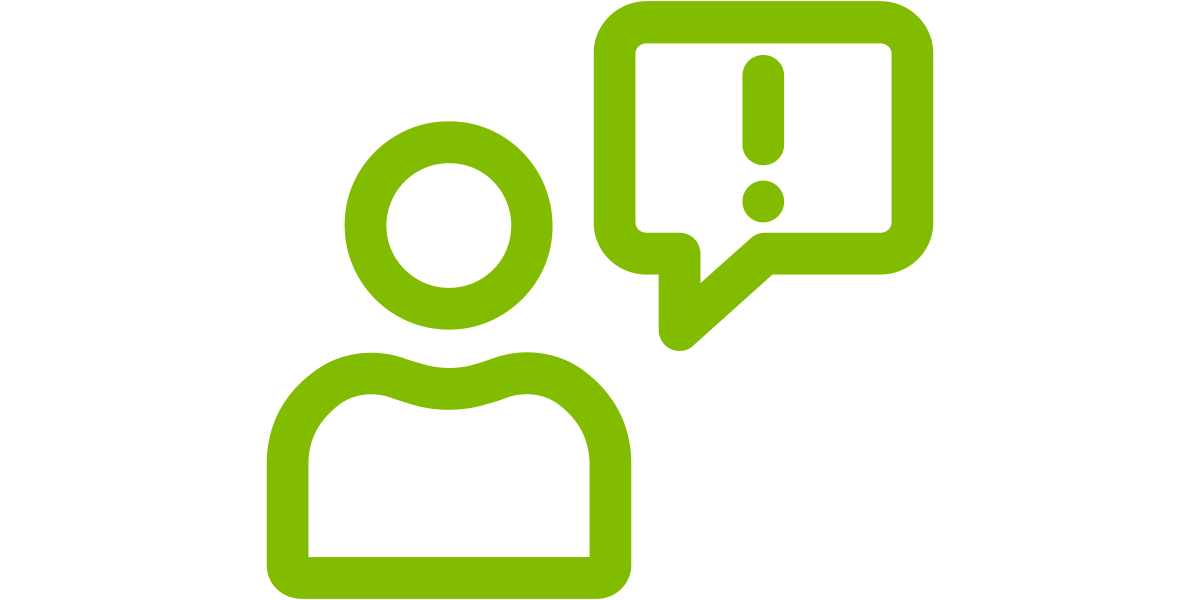
You should ask questions and get clarification if you aren’t sure about the expectations for an assessment.

You must reference when you quote information from a source and when you put the source’s information into your own words.

Students who complete the SALS ONLINE Academic Integrity module receive a Recognition of Completion.

Some academic integrity breaches include plagiarism, copying from others, and unauthorized use of generative or other artificial intelligence.

You don’t need to memorize all the rules for referencing. SALS has workshops and the Library has citation guides to help you.

Understanding your responsibilities, managing your time, and asking for help when you need it contribute to helping you maintain academic integrity.

Each student is responsible for doing their own work to earn their credential.

One of the biggest risk factors for breaching academic integrity is procrastination.
Academic Integrity and You
Academic integrity means academic honesty. Integrity matters. There are no shortcuts to a college education. You are responsible for completing your studies in an open, honest, and responsible manner.
Completing your studies with integrity means you are putting in the effort to do your school work and showing yourself, your professors, those you care about, your community, and your future employer that you have earned your credential.
You are:
- taking responsibility for your actions and being proud of the work you have done
- showing respect for existing knowledge, the ideas of others and the knowledge you have gained
- protecting the trust in your profession and the credential you earn
- strengthening your own reputation
Integrity at school and at work
In this video, Bhavya, a student in the paralegal program, speaks about the importance of integrity at school and at work.
LEARN ABOUT ACADEMIC INTEGRITY
Resources
These resources will help you understand academic integrity at Durham College, what an academic integrity alert is, and what your rights and responsibilities are should you receive an academic integrity alert.
If you would like a printable copy of this infographic, click here.
STUDENT RESPONSIBILITIES AND RIGHTS
What Are My Responsibilities Regarding Academic Integrity?
What Is an Academic Integrity Alert?
What Happens If I Receive an Academic Integrity Alert?
What Are My Rights and Possible Penalties Regarding Academic Integrity?
STUDENT PERSPECTIVES ABOUT ACADEMIC INTEGRITY
View these one-minute videos to learn what academic integrity means to these DC students. As you watch, think about what academic integrity means to you.
Anna, Office Administration – Health Services
Samson, Business - Accounting
Annandi, Law Clerk Advanced
Onethra, Human Resources – Business Administration
Frequently Asked Questions
Academic integrity means academic honesty. Students are responsible for completing their studies in an open, honest, and responsible manner. This means doing and submitting your own work, citing sources appropriately, and not engaging in behaviours that would be considered to be a breach of academic integrity.
Breaches of academic integrity refer to a variety of practices including, but not limited to:
- copying another person’s work;
- using unauthorized materials or resources during an evaluation;
- obtaining unauthorized copies of evaluations in advance;
- collaborating without permission;
- colluding or providing unauthorized assistance;
- falsifying academic documents or records;
- misrepresenting academic credentials;
- buying, selling, stealing or soliciting material for the purpose of academic gain;
- bribing or attempting to bribe personnel;
- impersonation;
- submitting the same work in more than one course without authorization;
- improper use of computer technology and the internet;
- depriving others of academic resources;
- misrepresenting reasons for special consideration of academic work;
- plagiarizing or failing to acknowledge ideas, data, graphics or other content without proper and full acknowledgement.
- any unauthorized use of generative or other artificial intelligence.
These are outlined in the Durham College Standard Definitions document.
Professors will issue an Academic Integrity Alert if they suspect a student has breached academic integrity such as copying another student’s work, accessing notes during a closed-book test, or plagiarizing. The Academic Integrity Alert form includes the student information, course information, date and description of the occurrence, or suspected breach, and a space for student comments.
It is in your best interest to meet with your professor to discuss an alleged academic integrity breach. If you do not respond to your professor’s email or choose not to discuss the alleged breach within 2 business days, your professor will notify you through DC Mail that they have submitted the Academic Integrity Alert form to the faculty office. You will then be required to meet with the Dean. If you do not meet with the Dean, a penalty will be applied in your absence.
You may be able to view information about the alleged breach investigation; however, this will depend on the privacy requirements that protect all Durham College students.
A first breach of academic integrity may result in one or more of the following penalties, at the discretion of the Executive Dean/Dean/Associate Dean or designate:
- A referral to Student Academic Learning Services (SALS) to complete the Academic Integrity workshop, sign the Academic Integrity Pledge and/or write a self-reflection on academic integrity, and provide proof of such to the academic faculty as requested;
- Repeat the original assessment or alternative assessment;
- A deduction of the assessment by a portion of the grade;
- A zero on the assessment;
- An academic performance contract;
- Removal from a course with a grade of “0” or F;
- Suspension from a program; and/or
- Dismissal from the College for two academic years.
- A zero on the assessment;
- An academic performance contract;
- Removal from a course with a grade of “0” or “F”;
- Suspension from a program; and/or
- Dismissal from the College for two academic years.
- Removal from a course with a grade of “0” or “F”;
- Suspension from a program; and/or
- Dismissal from the college for two academic years.
Yes, penalties for breaching academic integrity will remain on your student record for your duration of study at Durham College.
No, breaches of academic integrity will not be documented on your student transcript.
You can learn about referencing by completing a self-paced APA or MLA Citation module in SALS ONLINE-Academic Writing, or you can register for a synchronous referencing workshop offered by SALS. You can also speak with your professor about referencing requirements, access referencing guides from the library, or book an appointment with a Writing Specialist at SALS for more detailed instruction.
You can appeal decisions made regarding academic integrity per Durham College’s Grade Appeals policy and procedure.
If you have any questions about your rights and responsibilities for maintaining academic integrity as a Durham College student, connect with your professor, Student Advisor, or Student Academic Learning Services (SALS).
For more information about academic integrity at Durham College please contact your academic advisor or SALS@durhamcollege.ca.



